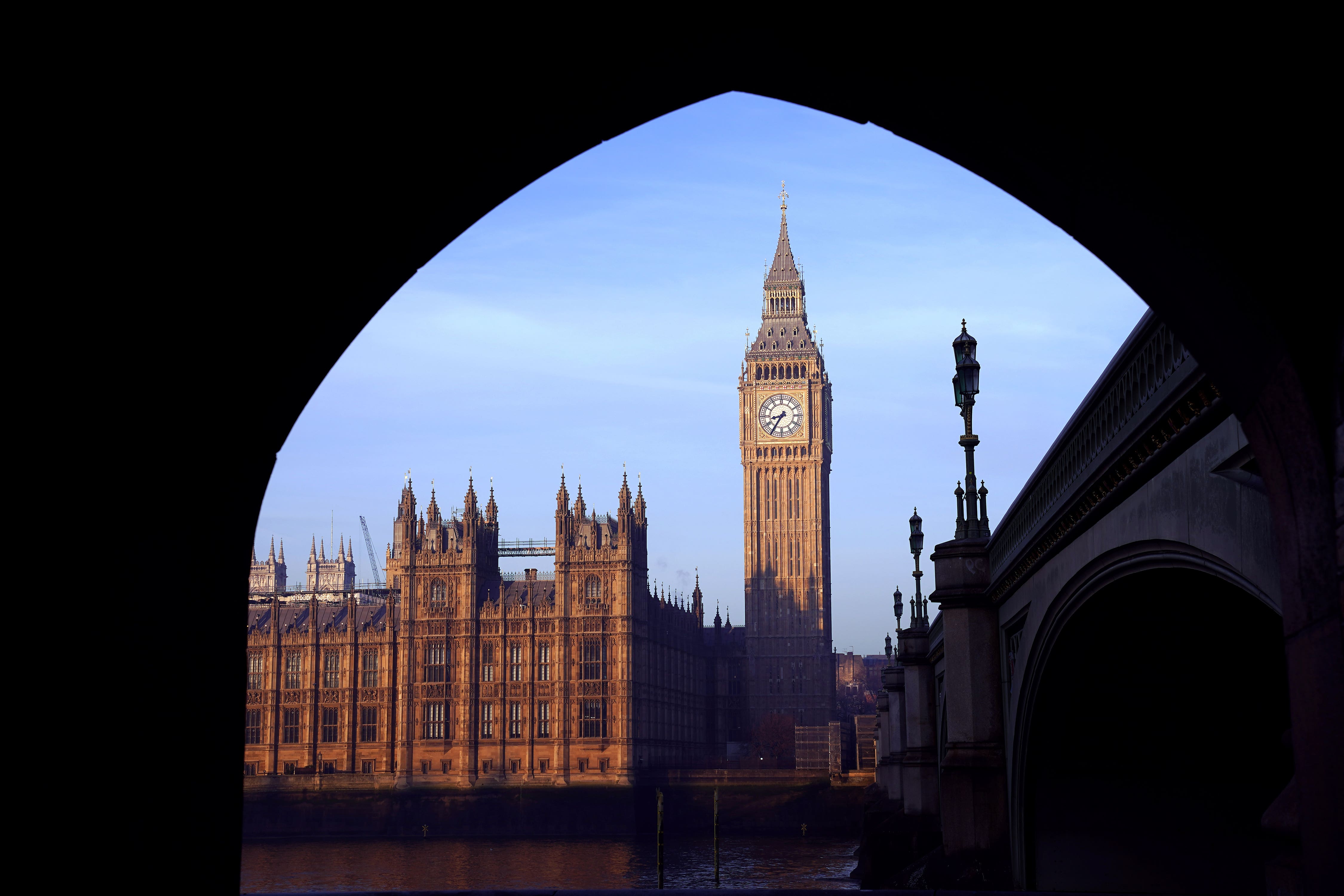The Independent's journalism is supported by our readers. When you purchase through links on our site, we may earn commission.
Could this be Westminster’s worst kept secret?
Our politicians know the current model of the NHS is unsustainable, but they also know it is still loved by the public, writes Andrew Grice


It is Westminster’s worst kept secret. Our politicians know the current model of the NHS is unsustainable, but they also know it is still revered or even loved by the public and are nervous about proposing change. So they continue to inject billions to help the ailing NHS muddle through, with ever-diminishing returns – partly, but not exclusively, due to an ageing population.
This sticking plaster approach is short-termism at its worst, yet politicians shy away from the long-term solutions we need – such as proper reform of social care to relieve pressure on hospitals, which gobble up most of the extra money even though it would be better spent on caring for people in their homes or closer to them. The queues of ambulances outside accident and emergency departments epitomise this failure.
Politicians in all parties talk a good game about “reform” but produce few concrete ideas. With a general election coming, the only safe bet is to pump yet more money in; it’s needed, but not the only answer. We now have a “national sickness service”, which harms the economy due to time off work and people leaving the workforce, as well as blighting individual lives.
The public have noticed, and they care: among all groups of voters, the NHS is the second most important issue after the cost-of-living crisis. “Everyone has an ‘NHS failure story’ where they or a relative has had to endure long waits or given up entirely on seeking help,” said Luke Tryl, director of More in Common, which runs focus groups.
“The public’s admiration for the NHS drives support for the strikes even if they are worried about the consequences. There is less sympathy for GPs, with the public frustrated with a system that seems outdated and impossible to use.”
Although the NHS strikes may draw to a close next Tuesday when trade unions consider their conflicting ballot results, the pay dispute has added to backlogs. Rishi Sunak promised to cut waiting lists as one of his five pledges and may have to find another dollop of money to claim he has achieved it. But some Tories fear the issue will cost the party the election. “I think we can get some credit for an improving economy, but the NHS is going to be much, much harder,” one former minister told me.
Labour admits turning round the “broken” NHS will take 10 years. There is a debate behind the scenes in Labour between, with some figures favouring a post-election tax rise to rescue the NHS.
But Keir Starmer seems wedded to a strategy of not frightening the voters, telling The Economist he would “resist the pull that so many people urge on us: that the first place a Labour government goes is to tax”.
Perhaps Starmer would surprise us with a tax hike not trailed in the Labour manifesto. But reform will still have to carry a heavy load, no matter who wins the election. The next government will need to act quickly, so changes come in well before following election.
But what reform? The NHS might be sickly but fortunately the UK does have a healthy system of think tanks - ideas factories that can go where politicians fear to tread. This week, three think tanks on the left, centre and right all produced sensible ideas to save our NHS.
The left of centre IPPR found that new health conditions cost people up to £2,200 a year on average and that poor health was a factor for more than half those who left their jobs before the pandemic, with a larger impact since.
Its commission warned that “policymakers risk being pennywise but pound foolish” by focusing on chronic health problems rather than early interventions. It proposed a Health and Prosperity Act, modelled on the 2008 Climate Change Act, to make the UK the healthiest country in the world within 30 years and increase healthy life expectancy to beyond the state retirement age in every region.
The centrist Demos think tank proposed a shift to a community-based, preventative state. Patricia Hewitt, the former Labour health secretary, told a Demos event: “The NHS treats you as a series of separate illnesses. Someone can have 30 or 40 different appointments a year from different parts of the NHS. That person has those conditions 24/7. We will not solve the problem of waiting lists by pouring more and more money into hospital beds, acute services and ambulances.”
In a review for the Sunak government, Hewitt recommended the 42 new integrated care boards in England spend at least extra one per cent on prevention. But will the Treasury think long-term given the short-term pressures? It should.
The right of centre Reform think tank argued the NHS could learn from innovations in other countries, even though there is no “perfect, off the shelf system”. It suggested the answer lies less in macro-level reform to funding than in driving efficiency.
So there’s no shortage of ideas. Reform can be done without tearing up the NHS’ founding principles, as New Labour showed: where there’s political will, there’s a way. As the ageing NHS prepares for its 75th birthday in July, our politicians should bite the bullet to prolong its life for the next generation. The public know it’s not working and might be more willing to accept change than they think.






Join our commenting forum
Join thought-provoking conversations, follow other Independent readers and see their replies
Comments